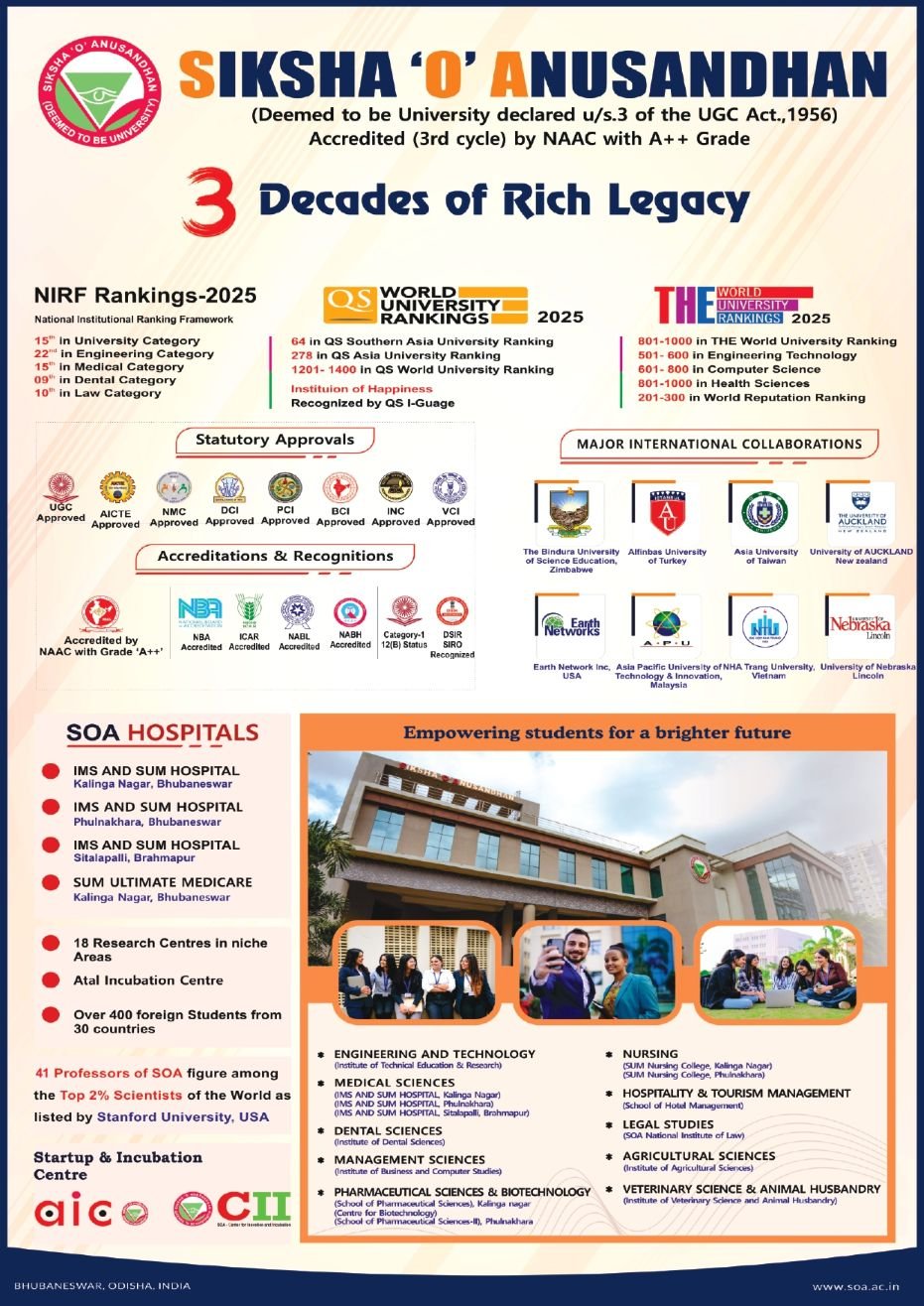Cyber crime unit nabs two in Rs 1.06 crore online scam in Odisha

Bhubaneswar, Dec 31: The cybercrime unit of the Odisha Crime Branch has made significant strides in combating digital fraud by arresting two individuals involved in a major online scam. The accused, identified as Satish Kumar K from Chennai and Harish C M from Kozhikode, were apprehended following a complaint from a senior scientist in Bhubaneswar, who reported being defrauded of a staggering Rs 1.06 crore.
This arrest follows the recent capture of a mother-son duo from Ghaziabad, Uttar Pradesh, who allegedly swindled a senior citizen out of Rs 1.37 crore using similar deceptive tactics. According to police sources, a portion of the defrauded money, specifically Rs 68 lakh and Rs 30 lakh, was traced to bank accounts held by Satish and Harish.
The elaborate scheme began on August 9 when the victim received a call from someone claiming to be from DHL. The caller, using the victim’s personal information, fabricated a story about a parcel sent to Japan that contained illegal items, including drugs and passports. The scammer informed the scientist that Customs had seized the parcel and that he needed to urgently speak with the Mumbai Crime Branch.
Shortly after, the victim received an international WhatsApp call purportedly from the Mumbai Crime Branch. During a video call, an individual in police uniform discussed the situation, claiming that the victim’s personal information was compromised and instructing him not to disconnect until the investigation was concluded. The scammers even presented falsified letters from various authorities, including the CBI and RBI, and claimed that illegal accounts linked to the victim’s Aadhaar number were being used for money laundering.
On August 14, the scammers demanded that the victim deposit money into a government-controlled RBI account for verification. The victim transferred Rs 68 lakh to an account belonging to Satish Kumar. Afterward, he was instructed to conduct further transactions, believing his funds would be returned. Ultimately, the victim was coerced into transferring an additional Rs 30 lakh to secure an NOC, revealing the extent of the fraudulent operation.




